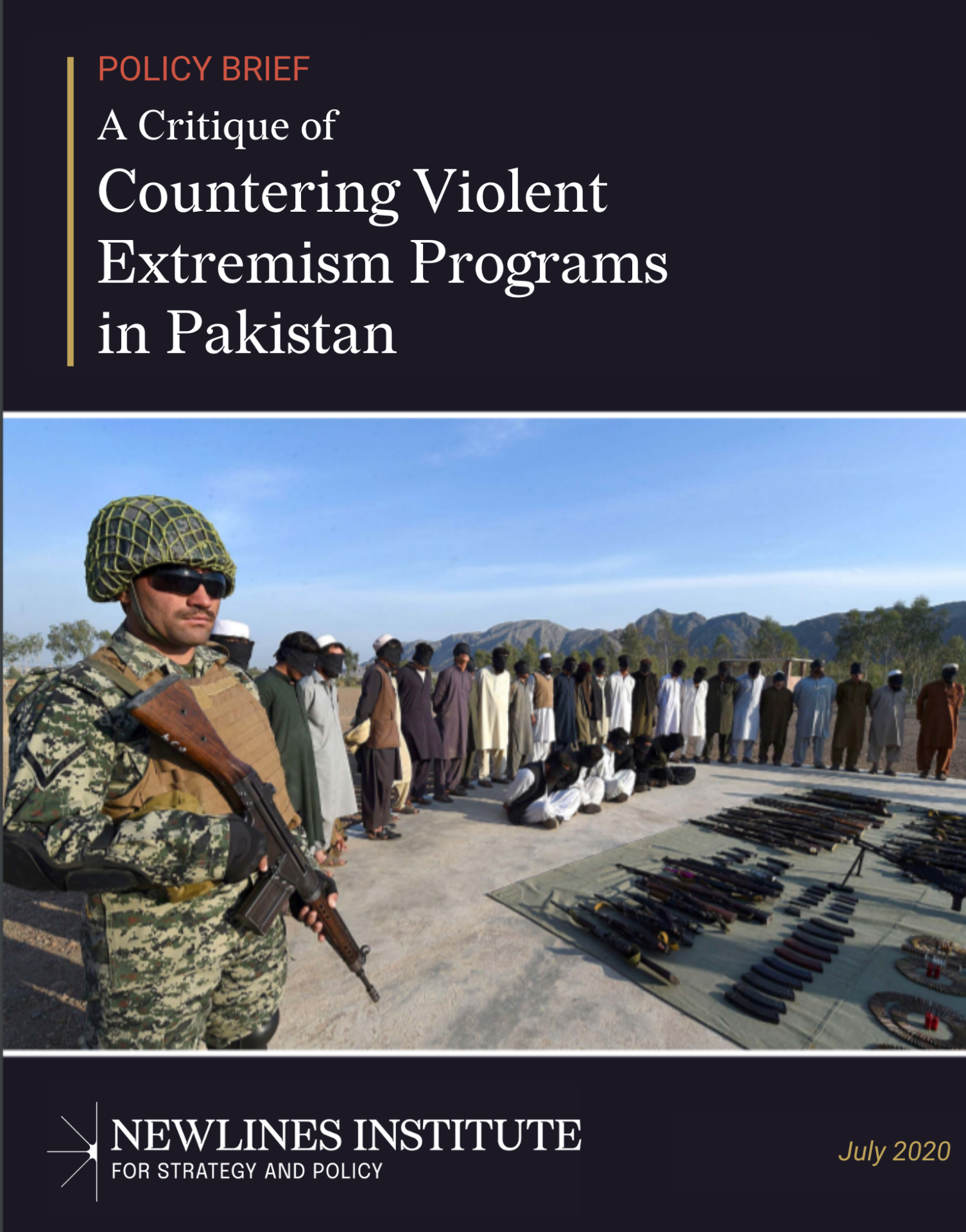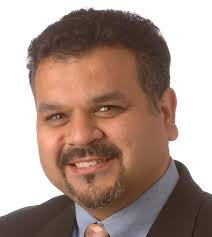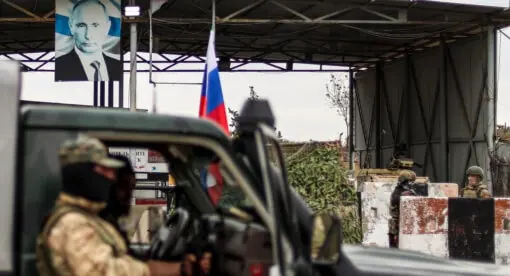Executive Summary
■ During the wars in Afghanistan and Iraq, coalition forces –particularly the U.S. military – acknowledged that eliminating terrorism through a military response is impossible. Moving from a kinetic military approach, strategists, policymakers, and counterterrorism experts focused on countering violent extremism (CVE) practices and the use of civil society to put those practices in motion.
■ In Pakistan – a frontline state in the war on terrorism – CVE policies and programs are still fundamentally controversial, misunderstood, and heavily criticized by local human rights groups and religious leaders.
■ Pakistani state institutions and civil society organizations have implemented a variety of CVE programs, but there have been no measures of the programs’ effectiveness, and in fact some critics believe the programs are doing more harm than good.
■ Pakistan’s public, media, NGO community and religious communities believe CVE is a politically motivated tool for foreign powers to use to destabilize the country and weaken civil society.
■ Pakistani CVE programs that privilege religious figures and their organizations not only exaggerate their influence, but also harm their legitimacy. People stigmatize these leaders and organizations for receiving foreign funding for CVE initiatives.
■ Pakistan’s national strategy to confront terrorism needs to establish a task force to assess, monitor and evaluate its efficacy in preventing violent extremism. The strategy also needs to incorporate human rights, youth, the education of women, social work, health care, and the religious sector.
■ The Pakistani CVE national strategy would also benefit from increased collaboration with international researchers and from evaluations of different CVE strategies’ effectiveness.
The views expressed in this article are those of the author and not an official policy or position of the Newlines Institute.






